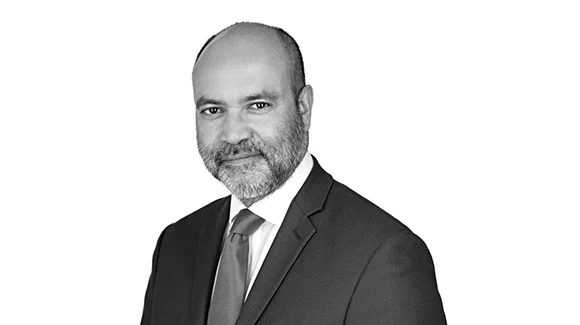Is inflation finally coming under control? After months of interest rate rises and concerted efforts by central banks such as the US Federal Reserve to ease inflationary fears, the measures appear to be working. November saw US inflation levels1 cool to 3.2% from a high of 9.1% in June last year2 with the UK market also showing a modest fall.
Yet while Newton’s Flood acknowledges the UK has seen its biggest drop in inflation in the UK since the early 1990s, he believes the economic outlook remains uncertain, with recession a strong possibility in 2024.
“Inflation is still quite high so we are not out of the woods yet,” he says. “A lot will depend on energy prices. As we go through the next 12 months we may find that the US economy remains resilient and we need to see wage inflation come back down to see what the US Fed does next.”
In this current uncertain backdrop, Flood believes it important investors keep a tight focus on the key assets most likely to generate strong returns.
“Investors need to avoid the short-term noise and focus on the bigger picture while trying to ensure they are investing in the right asset classes at the right time at the right stage of the financial cycle,” he says.
Bond boost
From an asset standpoint, the key question is: which way should investors turn next? According to Flood, both threats and opportunities abound in current markets, albeit with investors facing considerable risk and volatility. While he describes 2023 as a “less than stellar year” for alternative investments such as renewable energy, Flood still believes they remain broadly attractive.
“Revenues of many of the underlying companies in the alternative investment sector are index linked so can offer some protection against inflation,” he adds.
Across more mainstream asset classes, Flood says bond markets in particular are showing signs of real recovery after a “horrible” 2022.
“Bond yields are looking increasingly attractive both here and in the US from the long end, in our view. After over a decade of relative real yields investors are now getting some true inflation protection from fixed income,” he adds.
While Flood also sees strong pockets of opportunity in equity markets, he points out that much of their success in 2023 was driven by large US technology companies, particularly the so-called ‘magnificent seven’, with a more mixed performance elsewhere.
“While equity markets have performed quite well in recent months, the success of the magnificent seven has tended to overshadow weakness among some other companies and sectors. For many equity investors it has actually been quite a challenging year, though price/earnings ratios do look to be improving and the equity market picture remains balanced as fiscal spending has remained supportive,” he adds.
Thematic tailwinds?
For all this Flood believes there is no shortage of opportunities across equity markets. From a thematic standpoint he points to energy transition, technological shifts, the rise of state intervention and ageing populations as key potential drivers of change and opportunity for committed equity investors.
Stressing caution, however, Flood also points to more immediate geopolitical factors which could yet spook investors and spark renewed market volatility. The coming year will see general elections across several major economies - including the US - and Flood believes political uncertainty over their outcomes could heighten investor nervousness.
“There is always change and top of mind in the coming months will be the increasing discussion and debate around the US election between President Biden and, potentially, Donald Trump. While this may weigh on investor sentiment, it might pay not to focus too much on the headlines around this. We will hear a lot of noise but it is important to stay focused in order to pinpoint businesses that will continue to generate strong cash flows and investor returns,” he concludes.



